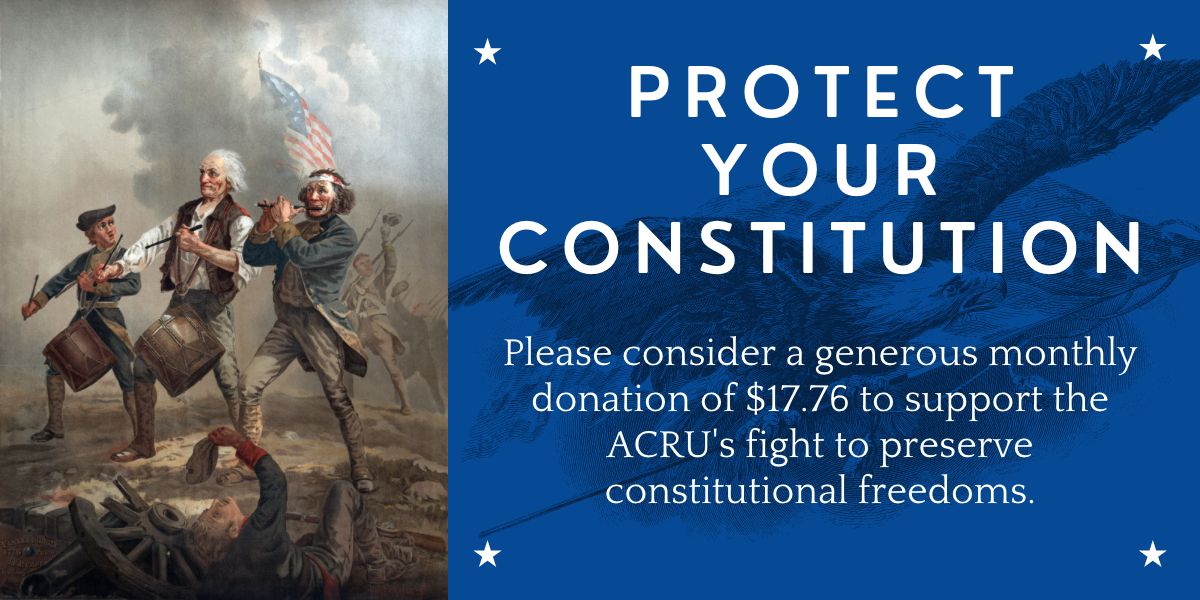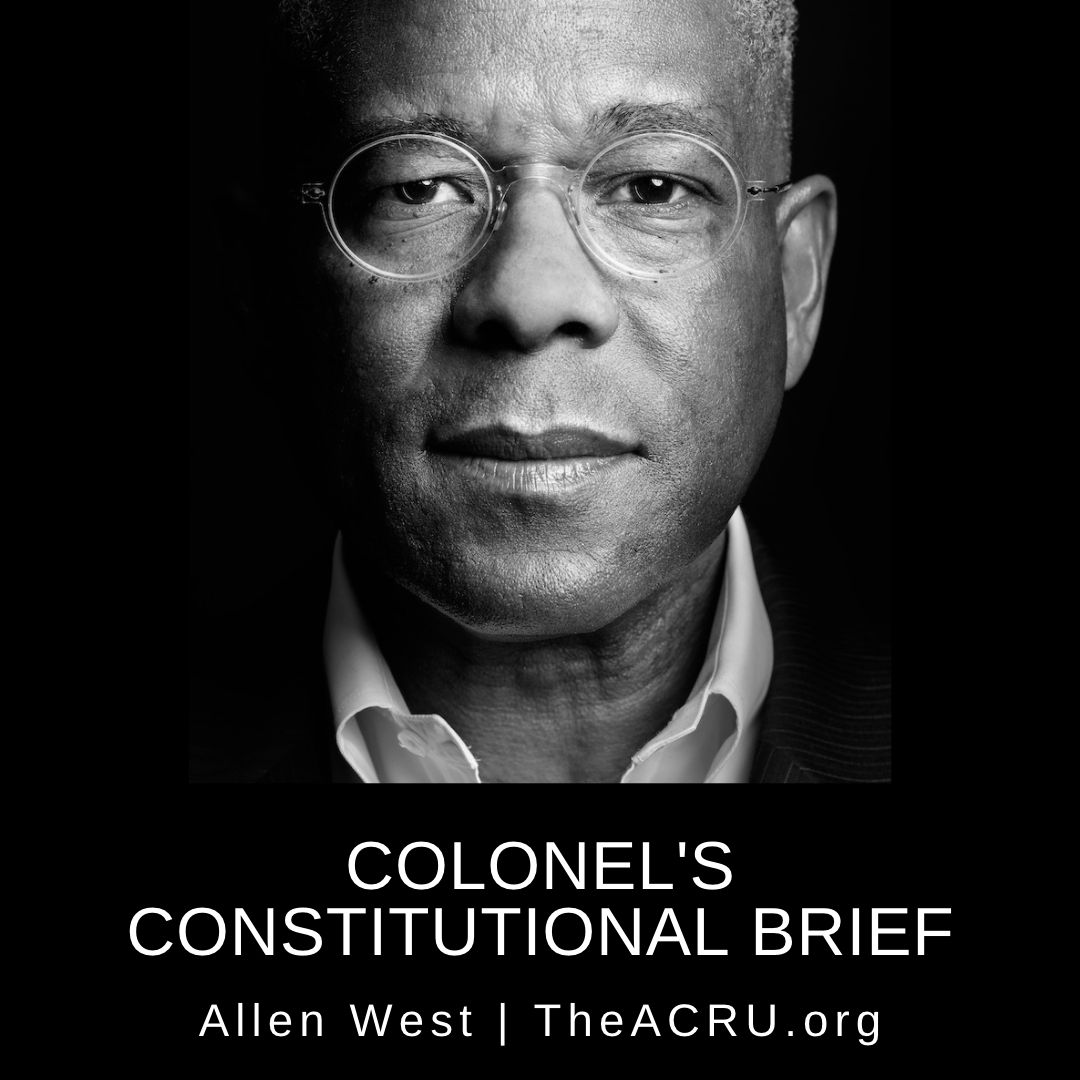North Carolina Asks Supreme Court to Restore Strict Voting Procedures
ACRU Staff
August 17, 2016
This column by Robert Barnes was published August 15, 2016 by The Washington Post.
North Carolina on Monday asked the Supreme Court to restore most of its strict voting procedures for the November elections, despite a lower court’s ruling that the law intentionally discriminates against African Americans.
The state said the ruling from the U.S. Court of Appeals for the 4th Circuit was unprecedented and that “there is no reason to believe that [the law] will have any detrimental effect on voters, minority or otherwise.”
North Carolina brought in former Bush administration solicitor general Paul D. Clement to argue that it is too close to the election for courts to prohibit a system that was used in the state’s primary elections.
“North Carolina should not be forced to scramble mere months before the general election to rejigger settled election plans at the Fourth Circuit’s command,” the state said in a brief filed with Chief Justice John G. Roberts Jr., who is designated to handle emergency requests from the circuit.
Roberts probably will ask for a response from the Justice Department and the civil rights groups that filed the challenge before referring the matter to the entire court.
The court is split, with four conservatives and four liberals. The state may have a hard time finding the necessary five votes to stay the lower court’s ruling, because that three-judge panel was unanimous in finding the law unconstitutional.
The judges agreed with allegations that the omnibus bill passed by the Republican-controlled legislature and signed by Gov. Pat McCrory (R) selectively chose voter-identification requirements, reduced the number of early-voting days and changed registration procedures in ways meant to harm blacks, who overwhelmingly vote for the Democratic Party.
“The new provisions target African Americans with almost surgical precision” and “impose cures for problems that did not exist,” Judge Diana Gribbon Motz wrote for the panel. “Thus the asserted justifications cannot and do not conceal the state’s true motivation.”
The panel had overturned a nearly 500-page decision from a district judge who had approved the law. The panel said Judge Thomas Schroeder’s comprehensive examination of the legislature’s action “seems to have missed the forest in carefully surveying the many trees. This failure of perspective led the court to ignore critical facts bearing on legislative intent, including the inextricable link between race and politics in North Carolina.”
North Carolina made some concessions in its petition to the Supreme Court. It asked the court to reinstate the state’s voter-ID law, its reduction of early-voting days from 17 to 10 and a provision that ends the state’s practice of pre-registering teenagers to vote, so they are enrolled when they turn 18.
It did not challenge the lower court’s ruling that restored same-day registration or allows some votes that are cast in the wrong precinct to be counted for top-of-the-ticket races.
The case is one among several voting-law disputes being waged in the court before the coming elections, including in other significant states such as Wisconsin and Arizona.
JOIN ACRU's PATRIOT CLUB






